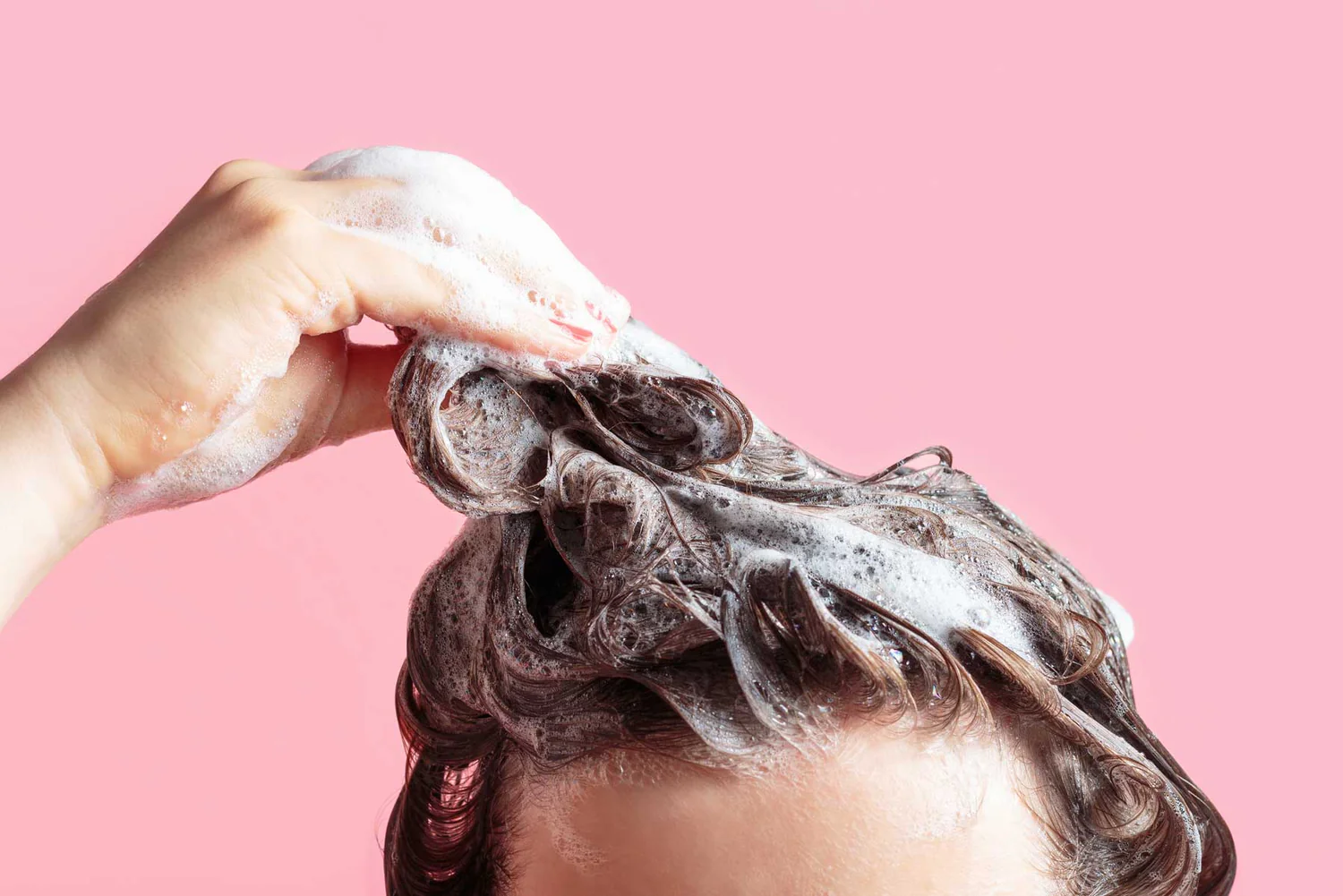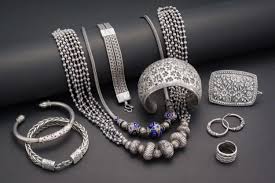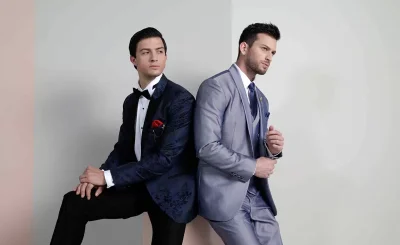When it comes to maintaining healthy, manageable hair, using the right shampoo and conditioner is essential. These everyday products form the foundation of your haircare routine. However, over time, you may notice your hair doesn’t look or feel the same—even when you’re following the same routine. This could be a sign that it’s time to reconsider what you’re using.
Being able to recognise when your shampoo and conditioner are no longer working for your hair can help you make timely changes and achieve better hair health.
Your Hair Feels Drier Than Usual
One of the most common signs that your shampoo or conditioner is no longer suitable is increased dryness. If your hair feels brittle, coarse, or lacks moisture despite regular conditioning, it may be time to evaluate the formulation you’re using. It’s possible that the formula has become too harsh for your current hair needs, especially after changes in weather or chemical treatments.
This could be a good opportunity to explore nourishing hair products that provide deeper hydration or are specifically designed for dry and damaged hair.
You’re Experiencing More Hair Fall
While it’s normal to shed some hair daily, excessive hair fall could signal that your haircare routine isn’t suiting your scalp or strands anymore. Harsh surfactants or heavy silicones can clog hair follicles, weakening the roots over time.
Switching to milder hair products that support scalp health and contain gentle ingredients may help restore balance and minimise hair loss.
Product Build-Up Weighing Hair Down
If your hair feels heavy, limp, or greasy soon after washing, it may be due to product build-up. Some shampoos and conditioners leave behind residue, especially when used over an extended period. This can suffocate the scalp and make styling difficult.
To address this, consider rotating your shampoo every few months or incorporating a clarifying shampoo once a week to reset your scalp and strands.
Your Hair Type Or Needs Have Changed
Haircare isn’t static—just like your skin, your hair evolves due to age, hormonal changes, climate, or chemical processing like colouring and straightening. A shampoo that once added bounce may no longer offer the same effect if your hair texture has changed.
This is where a more personalised routine becomes important. Brands like Dove shampoo offer a variety of formulas tailored to different hair types and concerns—from volumising to repair solutions—helping you match your changing hair needs.
Scalp Issues Like Itching Or Flaking
If you’re noticing increased itchiness, flakiness, or irritation on your scalp, your shampoo or conditioner could be a contributing factor. Some ingredients may disrupt your scalp’s natural barrier or cause sensitivity with prolonged use.
It’s advisable to opt for hair products that are dermatologically tested or hypoallergenic, especially if you have a sensitive scalp. Switching to a gentle, pH-balanced formula can make a noticeable difference.
Your Hair Has Lost Its Shine
Healthy hair naturally reflects light, giving it a shiny, glossy appearance. If your hair looks dull, lifeless, or lacks vibrancy even after styling, your shampoo or conditioner may be failing to cleanse and nourish effectively.
Consider transitioning to a formula like Dove shampoo, known for its moisturising and damage-repair properties, to restore the natural shine and softness of your hair.
Final Thoughts
Just like skincare, your haircare routine needs periodic reassessment. From dryness and hair fall to scalp irritation and dullness, there are several subtle cues that your hair is ready for a change. Paying attention to these signs and updating your shampoo and hair products accordingly can improve your hair health and appearance over time.
Whether it’s a complete overhaul or a simple switch to Dove shampoo, the right choice can make all the difference in how your hair feels and looks.







